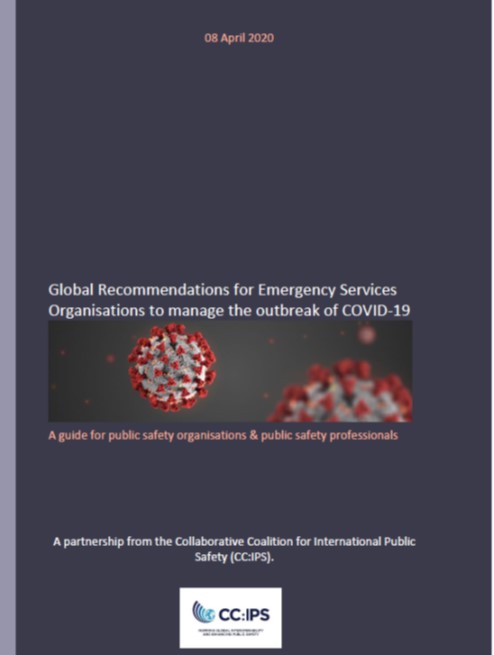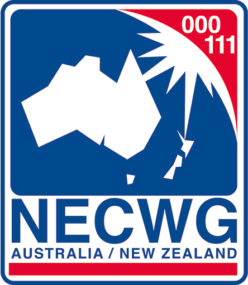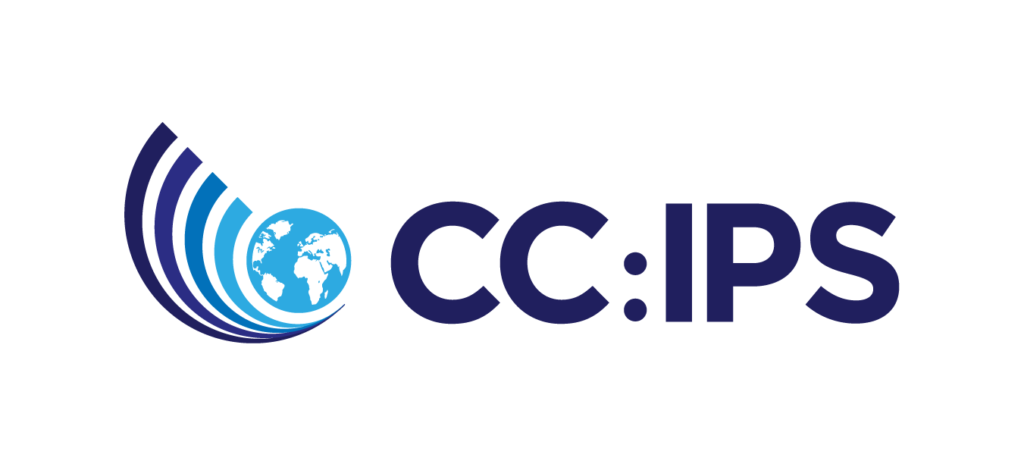
Click here for the latest updates from CC:IPS
INSPIRING GLOBAL INTEROPERABILITY AND ENHANCING PUBLIC SAFETY
Public safety organisations representing members in, Canada, the European Union, United Kingdom, and the United States signed a first-of-its-kind agreement on 4th November 2019 to work together to improve the emergency communications systems that serve nearly one billion people worldwide. Under the pact, known as the Collaborative Coalition for International Public Safety CC:IPS, the Association of Public-Safety Communications Officials, Canada (APCO Canada), the European Emergency Number Association (EENA), the British Association of Public-Safety Communications Officials (BAPCO), and NENA: The 9-1-1 Association pledge to promote, support and improve emergency communications services utilising the most current and commonly accepted technologies, standards, and best practices.
The National Emergency Communications Working Group-Australia/New Zealand (NECWG-A/NZ) joined the coalition in March 2020 to create a truly global presence.
Specifically, the groups have committed themselves to promote, among a wide range of topics, Next Generation emergency communications, services, networks and systems such as the i3 standard for NG9-1-1 in North America and the NG1-1-2 standard in Europe. Under these frameworks, calls for emergency help are handled in a modern, Internet Protocol-based multimedia environment, as opposed to the voice- and landline-centric frameworks of the past.
A global recommendation on the use of location technology
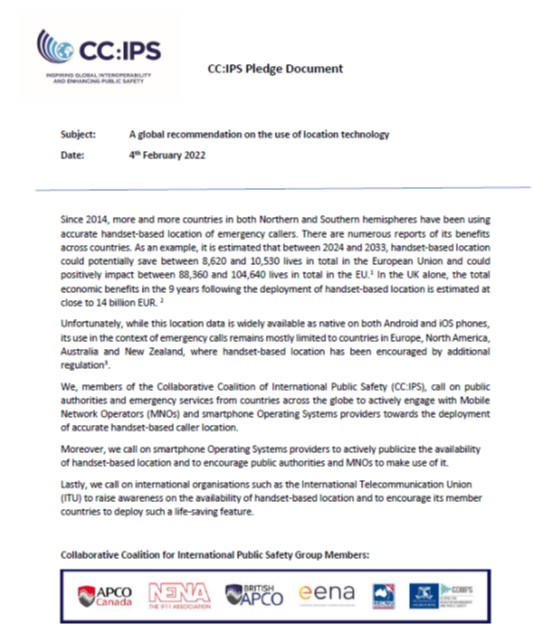
Learning from the COVID-19 Experience
The CC:IPS has developed a series of briefing notes to provide information and observations identified by the global public safety community. These briefing notes cover topics within the following areas
- Call Handling and Contingency
- Staffing
- Mental Health & Wellness
- Planning and Business Continuity
- Remote Working
- PPE, Safety, and Barriers to Access Technology
- Political and Jurisdictional Challenges
The second in the series of briefing notes focusses on the impacts of COVID-19 on emergency call-takers and dispatchers and is available by clicking on the image below for your information and sharing.
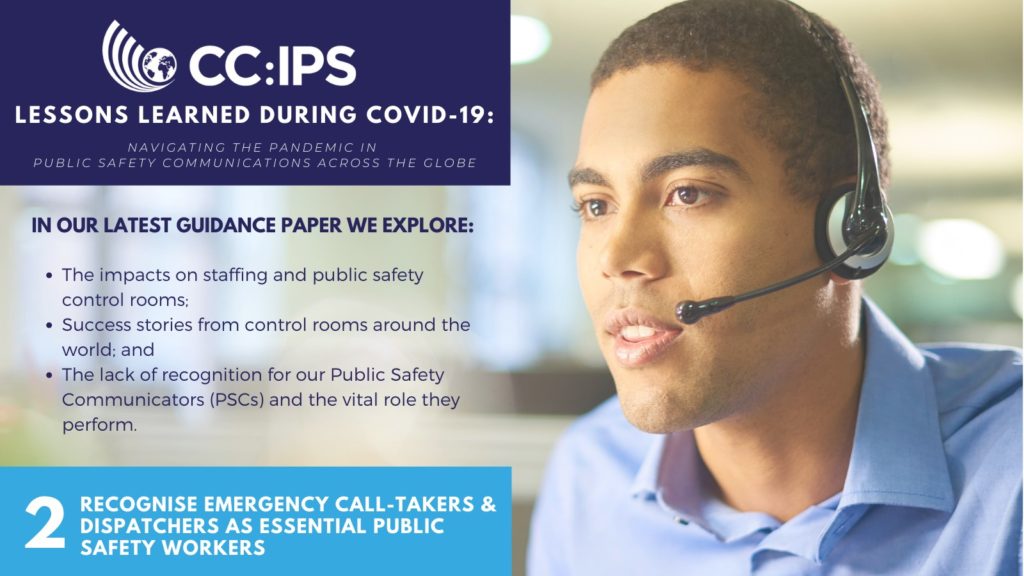
The first briefing note on establishing and promoting a non-emergency number is available by clicking on the image below for your information and sharing.
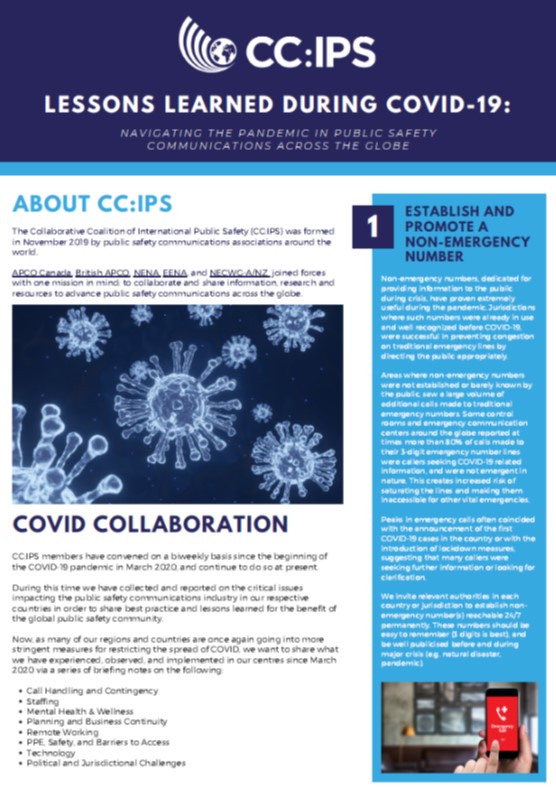
These briefing notes follow an earlier publication (Global Recommendations for Emergency Services Organisations to manage the outbreak of COVID-19) which is available by clicking on the image below.
